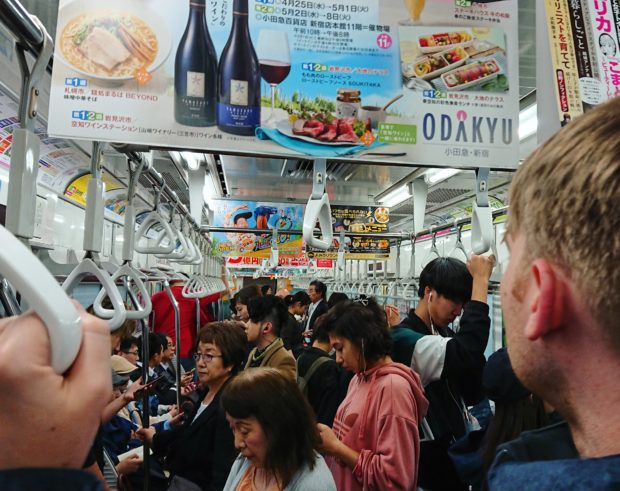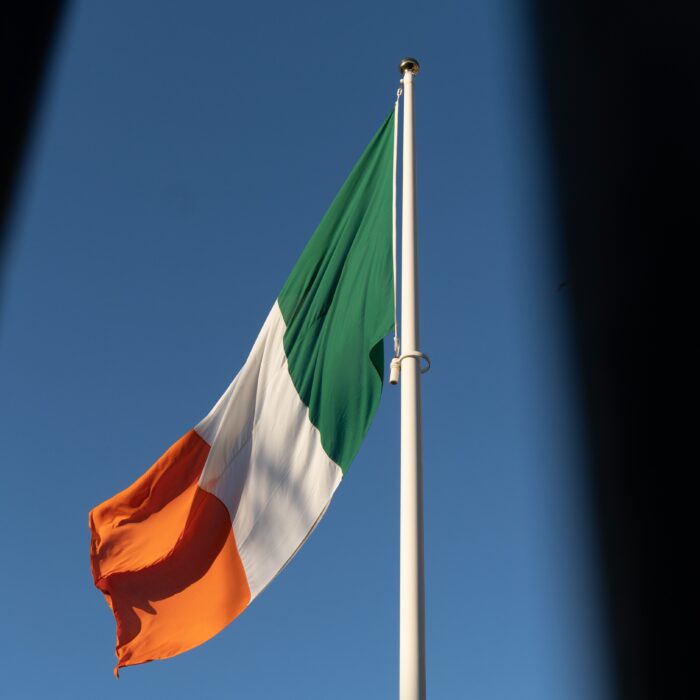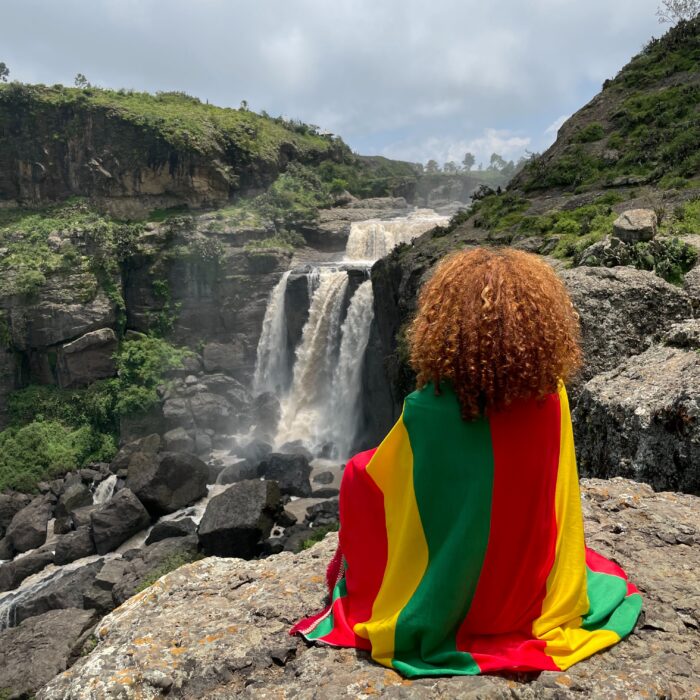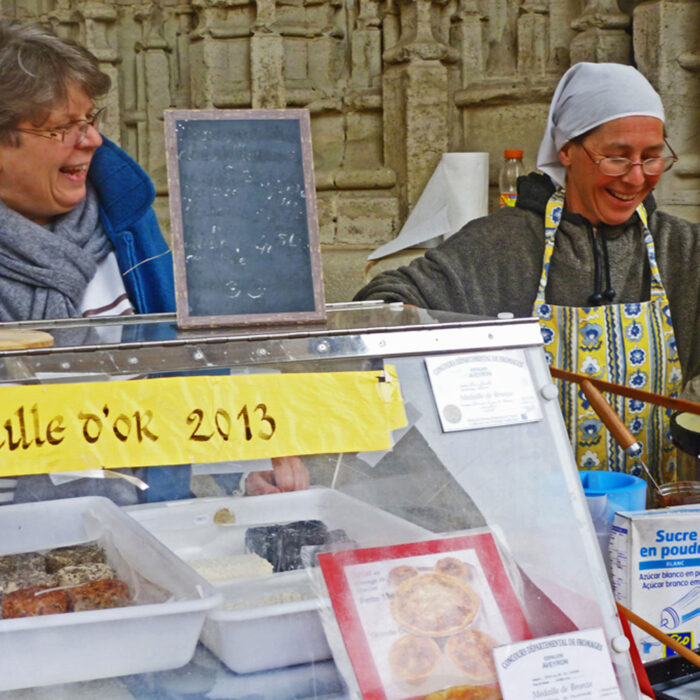You have no items in your cart. Want to get some nice things?
Go shopping
Displacement. The word fills me with twitchy glee. For someone who won’t even break a novel’s spine, I’ve always fostered a love of the out-of-place. As a child I was riveted by the sight of that hurricane uprooting Dorothy’s house and placing it in the Land of Oz; transporting it from a world of black and white to one of so much colour it toppled over the gaudy line. In my teens, feeling a total misfit among teens who probably also felt like misfits, I became fascinated by Colonialism. Nothing was more thrilling than the thought of Edwardians, buttoned to their chins, finding themselves arrogantly confused by the natives of the white-hot countries in which they’d planted themselves.
When my fiancé and I decided on Japan for our honeymoon destination, it dawned on me that we might well become those transplanted misfits. Though I was excited by the prospect of Japan, I feared that by choosing to travel across three of the four main islands on an irreplaceable rail pass without managing to have learnt any Japanese, in a country more likely than most to be hit by a natural disaster, we may have bitten off more than we could chew. On top of that, I’m a vegetarian.
Up until then, my knowledge of our destination was limited. I knew it had once been closed off to the outside world for two hundred years. Its immigration figures are relatively low. It was the setting for Amelie Nothomb’s Fear and Trembling, a novel about a Western executive who takes a job in Tokyo but fails so spectacularly at understanding the nuances of local etiquette that she is humiliated with gradual demotions. I was slightly comforted by the words of a friend, who told me not to worry, as “the Japanese hate other Asians more than they hate Westerners.”
At first, it looked as if Japan was going to make things hard for us. We were travelling from a friend’s wedding in the American Deep South. All we had to do was fly from Charleston to Florida to Zurich to Tokyo. That’s about seventeen hours of airplane, with a “loss” of nine hours over time zones. Due to a two-hour delay in take-off, we spent the journey from Charleston to Florida biting our nails. We had to make that flight to Zurich. When the plane finally landed in Miami, we sprinted to the baggage claim and tapped our toes as we waited for the carousel to start up. Only fifteen minutes remaining until check-in for our next flight closed. We waited, walked around, groaned. When our backpacks finally came, we lugged them, dragged them, as fast as we could across to the polar opposite end of the airport, only to be met with the worst news: check-in for our flight closed ten minutes earlier. We would have to buy two more tickets to Zurich, board another plane.
That was the moment I knew we were doomed. Japan was going to be tough. We weren’t cut out for this.
Thankfully, our connecting flight from Zurich to Tokyo was enough hours away that we easily made it. Nine hours, three movies and thousands of words of my novel-in-progress later, we descended on Japan.
East Asia.
I couldn’t help but feel Western. Occidental. Akin to those gap-year students speaking proudly of Bali and Lombok. We marvelled at a vending machine outside Narita Airport. I took a photo of my husband taking a selfie in front of it. Because it’s so Japanese! Because we’re Millennials! I was concerned the President would spot us and decide to shut the country off again.
Sipping my bottle of iced coffee, I told myself to absorb Japan as it was, to take no heed of the kooky Japanese stereotypes. That’s when a TV camera crew turned up to film us. They asked where we were from and what we were most looking forward to about our visit. Exhausted, surprised, jet-lagged and only now getting my first coffee of the day, whatever day it was, it dawned on me that I’d let my husband plan almost everything. I hadn’t the slightest idea where we would actually be going. My job was to learn basic Japanese phrases, and none of them stuck. “Uh … everything!” I blurted. I aimed for enthusiasm despite the weight of grey around my eyes. “Disneyland!” my husband said. Blonde and fresh, he looks good at any time. The TV crew were charmed.
“Why did you mention Disneyland?” I said to him later. “Now we look like Westerners.”
Now we were finally in Tokyo, we could put our mishaps behind us and stride out on our honeymoon adventure. We were to take a coach from the airport to Kichijoji station, where we were to be met by my old friend and former housemate. He moved to Japan mere weeks after the tsunami of 2011 and was now married to a lovely local. If he could survive seven years of illegible signs and adverts, surely we could manage four weeks?
We sought the airport’s Bureau de Change. As we’d been in America beforehand, and our Japanese honeymoon was to last four weeks, we were loath to carrying vast amounts of money on us. We assumed we could simply exchange some once we arrived in Tokyo. We could, but only in cash. Of which we had roughly three pounds and seventy cents.
Luckily, we have sharp-minded friends and relatives, some of whom had given us their wedding gifts in yen rather than sterling. The amount they donated was enough to pay for the coach tickets.
While my husband napped on the coach, I stared out at the passing fields and rice paddies, thinking how wrong we’d got this simple matter of money. We’d informed our banks we would be going abroad, so that our cards would work where we were going. All had been fine in the States, we thought we’d done enough. What we hadn’t known beforehand is that Japan is a mostly cash-paying society. Even locals with locally-issued cards might struggle to draw money out of a particular machine if it doesn’t approve of their bank. It’s an unexpectedly old-fashioned quirk in a country so technologically advanced that even a household toilet can do everything bar caring for your child.
We approached Tokyo. Disneyland’s castle beckoned in the distance, but that would have to wait for the end of the trip. Four weeks away. The motorway tore into strips, and wove through tunnels, around bridges, over other roads. Fields and paddies were now rising concrete giants and glass towers. Illegible road signs. A full, teeming city. What else would Japan bring? Were we ready to handle it?
When we finally arrived in Kichijoji, I thought perhaps not. Thanks to modern conveniences such as mobile phones, social media and Wi-Fi, the easiest part of the whole journey so far was meeting my old housemate in a totally foreign location next to things I couldn’t read, let alone pronounce. He took us to a cash machine, which immediately rejected both our cards. “It’s fine,” my friend said, “they do that to my English cards too.” He then found us a 7-Eleven, which we hadn’t even seen during our week in America. The cashpoint there accepted us. We knew from that moment that the national chain of 7-Eleven convenience stores would always be there, our Western beacon, to save us again and again.
On the metro to our friend’s apartment, which would also serve as our base camp, I began to feel the effects of our long flights, and my total lack of sleep. Commuters were suited stampedes. Adverts were baffling. Was that man meant to be the lady’s tongue? “I think she’s a submarine,” my friend said of an illustrated female in what looked like Edwardian British Navy garb.
The train carriage was quiet. My fear of being shoehorned into an empty pocket by a station attendant, as seen in YouTube videos of Tokyo at rush hour, was alleviated. I sat down, a mistake. My head dropped from the need to sleep. It was eleven a.m. I’d simply have to hang on for another twelve hours or so. While my husband and friend chatted, my eyelids drooped.
“I have this for you,” someone said. It was an old man. He was small, white-haired, in a beige overcoat with a woven grey hat. From his brightly-coloured fabric bag he produced an origami crane. He was offering it to me.
“Thank you,” I said, with more enthusiasm than I had mustered for the TV crew.
“Welcome,” he said. “Where are you from?”
“England,” my husband and I replied.
“Ah!” he said. “I used to live there. London. People said ‘pie-pah’ there. Instead of ‘paper,’ they said ‘pie-pah’.”
We laughed, which made him smile.
“Welcome to Japan,” he said.
Indeed, I felt that we were.
We alighted at the next stop, and walked away from the friendly old man. In a few hours, I’d be able to sleep, then I could wake up with a fresh brain and take this all in. I told myself I would learn the station, the route to it, the ways out of it, and before the month was out I’d be just like a local.
Polis Loizou’s debut novel Disbanded Kingdom is set for its public launch on 29th June at Waterstones, London – Piccadilly .

About Polis Loizou
Polis Loizou is a co-founder of The Off-Off-Off-Broadway Company, which primarily performs his plays, and has had a series of successes since their first hit at the Buxton Fringe in 2009. His short stories have been featured in The Stockholm Review of Literature and Liars’ League NYC, and he is a frequent contributor to Litro Magazine. Born and raised in Cyprus, Polis is currently based in Nottingham after 14 years in London. 'Disbanded Kingdom' is his first published novel. He is currently represented by Litro's bespoke literary agency, Litro Represents.
- Web |
- More Posts(25)





One comment